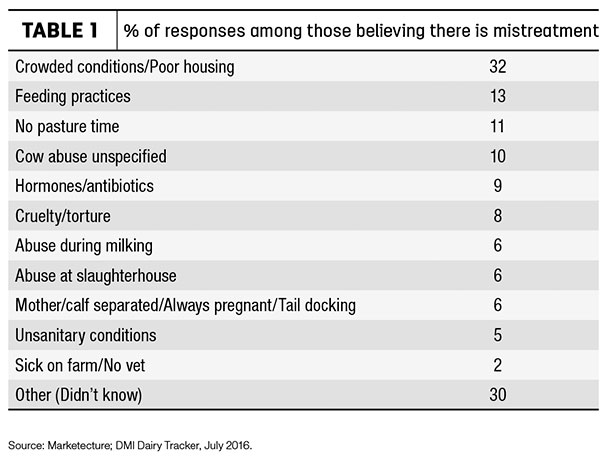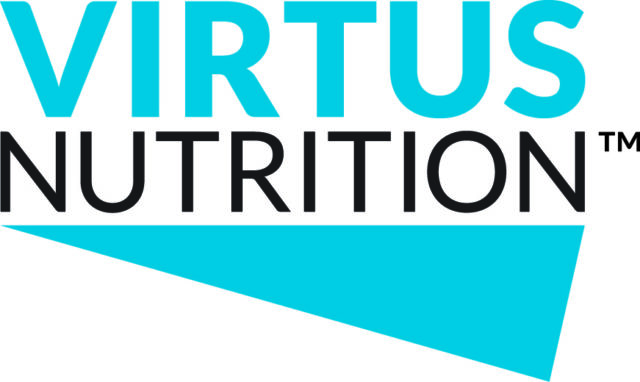Editor's note: CEO Corners are editors' compilations of business news from top publications, which they have tailored for the dairy industry. As a business owner or executive, you never want to have to apologize to customers for a mistake.
That’s what United Airlines’ CEO Oscar Munoz had to do this past week. He apologized to the company’s 20-million-plus customers for an April 9 incident in which a seated passenger was forcibly removed from a flight. The incident went viral on the internet after other passengers posted their video accounts of what happened. Munoz said in an email to customers that the company can “never say we are sorry enough for what occurred.”
To avoid similar situations in the future, United announced it will no longer require customers to give up their seat once they have boarded and will increase incentives for voluntary rebooking, up to $10,000. However, they didn’t announce that they will end overbooking flights, a common industry practice and the one that lead to the incident.
Overbooked flights are passengers’ number eight overall complaint about airlines, according to the U.S. Transportation Department. Delays, mishandled baggage and ticketing were the top three complaints.
I’ve written before that dairy owners should learn from United that cameras are everywhere and to prepare for multiple crisis scenarios. CEOs and owners – of airlines or cows – ought to also know what their consumers’ hot-button issues are.
To find out what the hot-button issues are for milk and dairy products, I reached out to Dairy Management Inc. (DMI). They compile and update, at least annually, the top concerns of consumers. According to their research, here are the topics on the minds of consumers:
- Farm animal care
- Antibiotics
- Farming and environment
- Genetic modification
- Hormones in food
- Locally produced
- Natural versus processed
- Organic
DMI says its research has shown that it’s important when communicating with consumers to, one, reinforce the taste and enjoyment of dairy products; two, educate about the nutrient-rich nature of dairy products; and three, answer and correct misperceptions about responsible production of dairy products.
“We know that transparency is at the core of trust, and people are looking for more information about where their food comes from, who produced it and how was it produced,” says Madlyn Daley, senior vice president of market and consumer insights for DMI. “All of us in the dairy industry need to work together to increase our engagement with consumers so they better understand the farm-to-table story. The intelligence and data our group gathers are imperative to how we work to make a difference for our dairy-farmer funders in building trust and consumer confidence.”
Daley’s group had some additional data I found interesting. According to the same DMI research previously mentioned, 32 percent of consumers believe there is mistreatment of cows “to some degree” on dairy farms. That’s in addition to the 18 percent that feel that cows are “treated inhumanely by dairy farmers.” That was surprising to me: Nearly 50 percent of consumers have some type of concern about how cows are treated.
When asked to describe what perceived mistreatment occurs on farms, these were the most common responses:

What should this mean for you? Pay attention to this list. As DMI told me, the list of consumers’ concerns doesn’t change much. You might also consider reading the annual results from this survey about consumers’ trust in food and farmers.
I’m sure that United is aware the transportation department regularly reports the number of denied boardings by airlines and how annoying the practice is to consumers. (Of note, United Airlines wasn’t even the worst airline in this category.) Yet they haven’t stopped overbooking because of it. They are, however, now mitigating the effects of that practice for affected passengers. That may or may not be enough to quell this hot-button issue, and consumers may demand the practice go away someday. In my opinion, that’s like what happened to tail docking. Despite the best efforts of the industry to mitigate consumer concerns about the practice, it remained a hot-button issue. Consumers wouldn’t let go of their concerns. Now, for the most part, it’s gone.
United learned all it takes is one high-profile, bloody incident broadcasted over the internet to flare up a hot-button consumer issue. Don’t wait for the same thing to happen to a hot-button issue in our industry. If you give tours on your dairy, address cow housing and pen stocking density. Explain your intolerance toward animal cruelty and what happens to employees who are cruel. Describe what you do to keep cows clean and comfortable. These are the consumer concerns you can influence.
Concerns about commonly used practices, such as cow-calf separation and antibiotic use, may someday be commonly used practices that may prove to be immitigable, just like overbooking may one day be intolerable to airline passengers. But until then, we can at least explain how these practices are appropriately used and why they shouldn’t be a concern. ![]()
References omitted but are available upon request. Click here to email an editor.

-
Walt Cooley
- Editor-in-chief
- Progressive Dairyman
- Email Walt Cooley
PHOTO: Illustration by Kristen Phillips.






